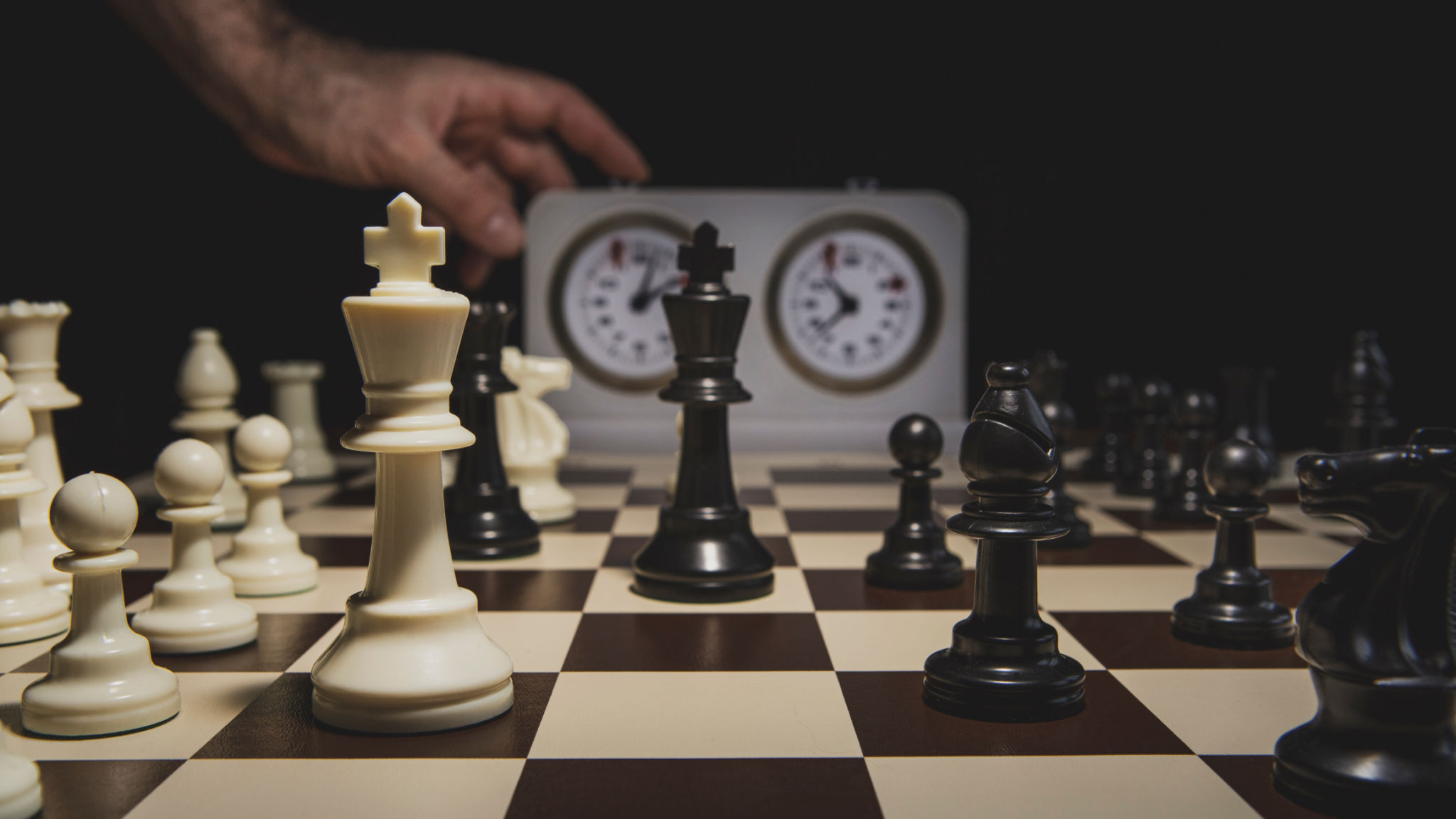Demystifying Chess: Common Misconceptions and How to Overcome Them
Understanding the Complexity of Chess
Chess is often perceived as a game reserved for intellectuals or strategic masterminds. This perception can discourage beginners from diving into the game, fearing they might not possess the necessary skills. However, the truth is that chess is accessible to anyone willing to learn its basics and dedicate some time to practice. By demystifying these misconceptions, aspiring players can gain confidence and enjoy the game more fully.
One common misconception is that chess requires a photographic memory or genius-level intelligence. While memorization of openings and strategies can enhance gameplay, it is not a prerequisite for enjoying or succeeding at chess. The game is more about understanding patterns and developing critical thinking skills over time.

Breaking Down Misconceptions
Chess is Only for the Highly Intelligent
Many believe that only highly intelligent individuals can excel at chess. This myth likely stems from the game's association with famous grandmasters and the intellectual challenges it presents. However, playing chess is more about learning the rules, recognizing patterns, and honing strategic thinking over time rather than possessing an innate genius.
The Game is Too Complex to Learn
The complexity of chess can seem overwhelming at first glance, with its myriad combinations and strategies. Yet, like any skill, mastering chess comes with patience and practice. Beginners should start by learning the basic rules and gradually move on to more advanced strategies as their confidence grows.

Strategies for Overcoming Misconceptions
Start with the Basics
One of the best ways to overcome intimidation is by starting with the basics. Understanding how each piece moves and the basic rules of the game lays a solid foundation for further learning. Resources like beginner tutorials, online courses, and chess apps can provide structured guidance.
Practice Regularly
Regular practice is key to overcoming the notion that chess is too difficult. As with learning any skill, consistency is crucial. Playing against others, whether in person or online, helps reinforce new strategies and improve decision-making skills.

Using Resources to Improve
Leveraging various resources can significantly enhance one's understanding and enjoyment of chess. Books, online videos, and chess forums offer a wealth of knowledge for players at all levels. Additionally, joining a local chess club can provide opportunities for live play and feedback from more experienced players.
Chess puzzles and tactical exercises are also excellent tools for improvement. These resources help players recognize patterns and develop problem-solving skills, both of which are crucial in gameplay.
Conclusion: Embrace the Challenge
While chess may initially seem daunting due to its strategic depth and historical reputation, it is a rewarding and accessible game for all who approach it with an open mind. By breaking down misconceptions and adopting a steady learning approach, players can enhance their skills and find joy in the game.
Chess offers endless possibilities for growth and intellectual stimulation. So, whether you're a complete beginner or someone looking to improve their skills, remember that the key to success lies in your willingness to learn and embrace the challenge.